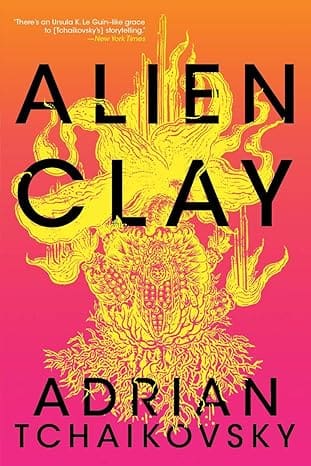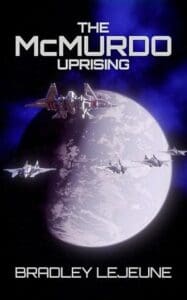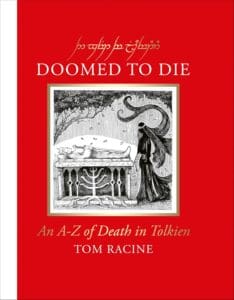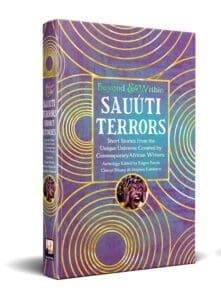
Synopsis
The planet of Kiln is where the tyrannical Mandate keeps its prison colony, and for inmates, the journey there is always a one-way trip. One such prisoner is Professor Arton Daghdev, xeno-ecologist and political dissident. Soon after arrival, he discovers that Kiln has a secret. Humanity is not the first intelligent life to set foot there.
In the midst of a ravenous, chaotic ecosystem are the ruins of a civilization, but who were the vanished builders and where did they go? If he can survive both the harsh rule of the camp commandant and the alien horrors of the world around him, then Arton has a chance at making a discovery that might just transform not only Kiln, but distant Earth as well.
Review
I’m not sure why I’ve put off reading his books, but Alien Clay was my first novel from Adrian Tchaikovsky. His various series have appealed to me, but I sometimes like to start with a standalone novel when I’m encountering an author new to me. Alien Clay fit that bill perfectly and I quickly devoured it and in the end, it secured a spot on my Top 10 list of 2024.
The book is really like three books rolled into one. There’s action, but really that’s fairly secondary to the plot. There is a fair amount of sci-fi exploration and a heaping dose of first contact, although this is far from the typical first contact story we’ve all come to expect. I haven’t read a lot of “hard sci-fi” in years, but Tchaikovsky did a great job of putting well-crafted characters and a fascinating story around the hard sci-fi elements.
Our protagonist and first-person POV character, Professor Anton Daghdev, is an outcast in a very literal sense. He opposed the government on Earth, known as the Mandate, and was exiled to the alien world known as Kiln. At first, the book is Anton’s reconnection with other political dissidents in an attempt to gain back control over their lives. But that’s where the book takes a turn and the science-part of the science fiction really kicks in.
I compared this book to some of the works of Michael Crichton, particularly Sphere, Congo, and even Jurassic Park. Crichton’s works seemed to generally share a view of science from a Frankenstein-level point of view. The idea that man’s hubris nearly always leads to nature wreaking havoc is prevalent throughout Crichton’s works and can be seen as clearly as a T-Rex trying to catch-up to your Jeep in the rear-view mirror.
In Alien Clay, however, that science is treated a little differently. The book feels like Crichton and in my mind that is definitely a compliment, but while Crichton generally feels a view that nature should be feared, Tchaikovsky veers in a different direction for Alien Clay. It brings up questions that are tough to answer and the ethical dilemma is one that our characters and the reader need to grapple with.
By the time the book wrapped up, I found that not only had I discovered one of my favorite books of 2024, I was pretty sure I discovered one of my new favorite authors.











Leave a Reply